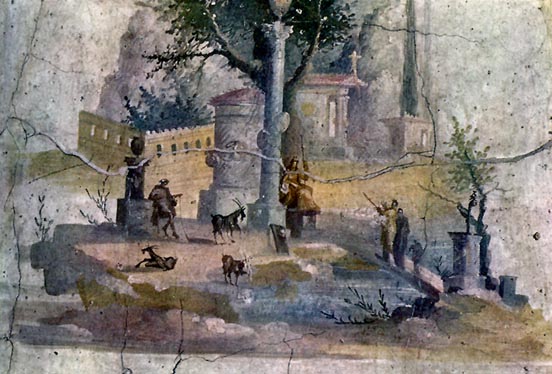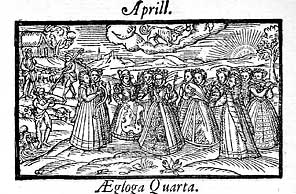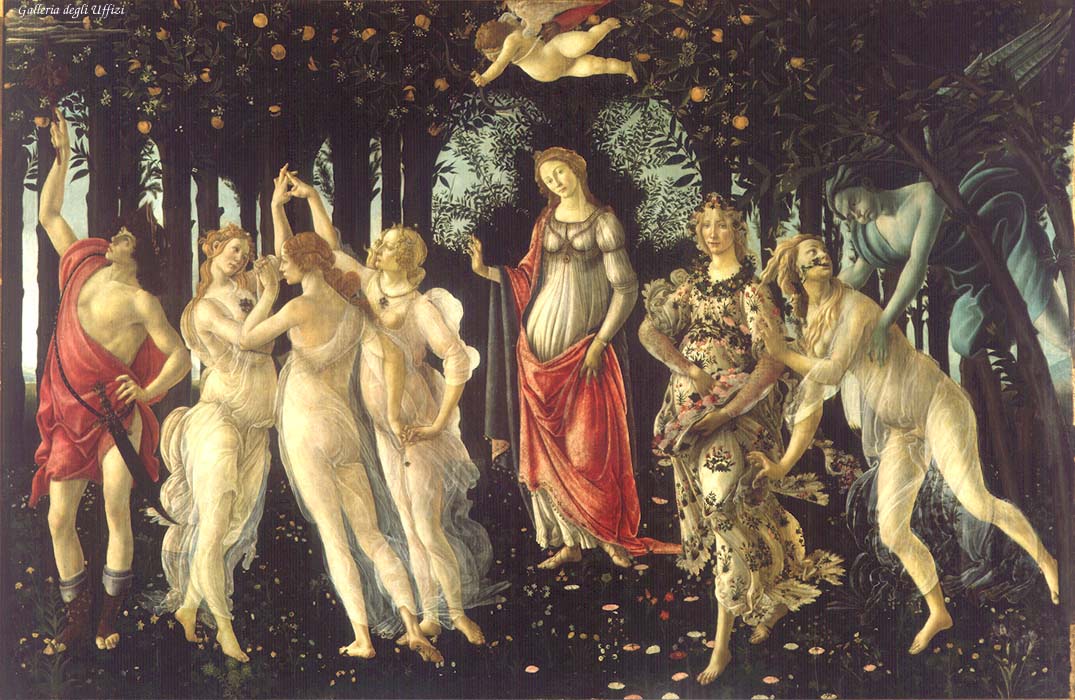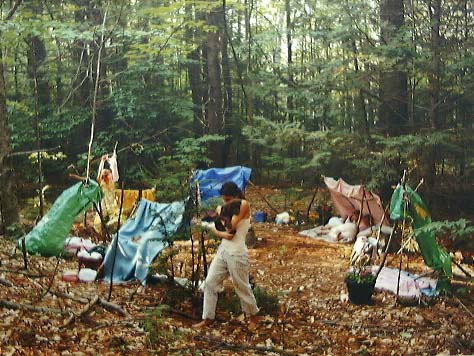Makings of
Pastoral Myth
English 50.91 [code #5006 ], Comparative Literature 18.5 [code #5007], Classics 44 [code #4564]
Tuesday & Thursday: FR hour (1:40-2:55 pm) : Boylan 3117 .
Priority for students who reserve place now: E-mail jvsickle@brooklyn.cuny.edu
|
Pastoral,
a powerful mode of mythic imagination
, studied in its roots & transforms, typical plots & themes -
|
 .
.Scene with goats, lovers,
musicians [Greco-Roman]
|
|
The
course will look at the social & geographical matrix where the pastoral
gets its start as a special form of work.
When you register please E-mail Professor
VanSickle. Thus he can notify you of course activities & materials.
Cattle, sheep, goats & their herdsmen removed far from the city up in the hills become objects of imagination , distinct from the city, hence available as a points of reference & comparison for the analogies & metaphors of mythic thought. We will study early samples of pastoral & learn characteristic themes, so as to recognize new forms in later cultural products: projects will include internet searches on such themes as "pastoral and/or bucolic" to find out how widely these mythic ideas still today get used stretched{?!?} today. Syllabus for the course [click here] Back to main page |

Queen on the Green [Spenser, Shepheardes Calendar: April]
"Puppy Love"
Prerequisite: Core Studies 1 or permission from the instructor. Course requirements, in addition to assignments to read & discuss, will include two essays on topics arising from reading , discussion, & internet search. Students acquire powerful analytical & synthetic tools for the work of cultural criticism, enhanced, too, by careful attention to their writing. |

